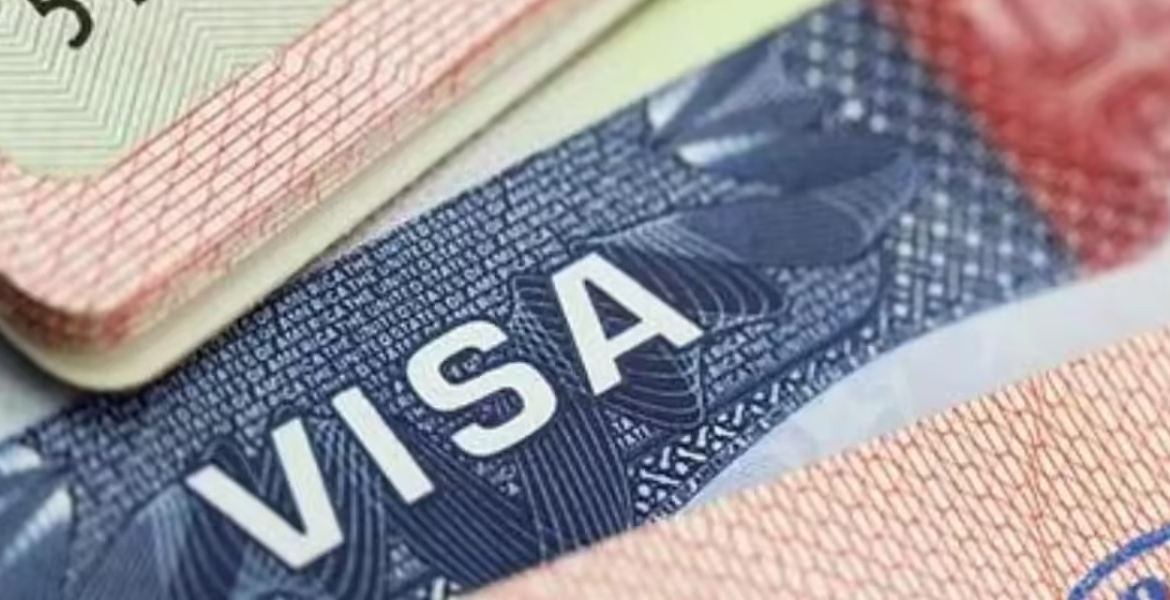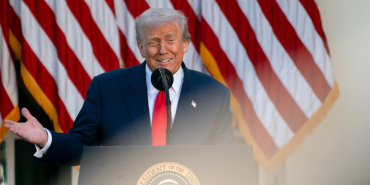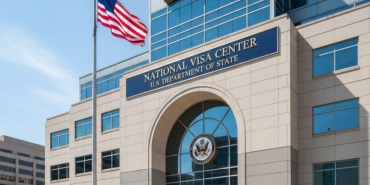US Tightens Visa Interview Rules for Most Non-Immigrant Applicants

From 2 September 2025, the United States will require most non-immigrant visa applicants to attend in-person interviews at its embassies and consulates, significantly reducing eligibility for interview waivers.
The updated guidance, issued by the US Department of State, limits the Interview Waiver Programme,commonly known as “Dropbox”, to a narrow group of applicants. Those renewing certain full-validity B1/B2 visitor visas or Border Crossing Cards for Mexican nationals may still qualify for a waiver, but only under specific conditions.
Diplomats and officials applying under categories such as A-1, A-2, and C-3 remain exempt, excluding their domestic staff. Previous broad exemptions for applicants under 14 and over 79 have also been scaled back. Most individuals in these age groups must now attend interviews unless they meet strict exemption criteria.
The changes reverse earlier expansions made in February 2025, which allowed streamlined renewals for F-1 students and H-1B workers whose visas had expired within the past year. That provision has been rescinded, and applicants must now show that their previous visa was issued when they were at least 18, was valid for its full term, and that they are applying from their country of nationality or residence with no record of visa refusal or apparent ineligibility.
Consular sections are preparing for increased demand as applicants adjust to the revised rules. Delays in appointment availability are expected, especially during peak travel periods. Students and skilled workers, whose travel often aligns with academic or employment schedules, are likely to face longer processing times.
The introduction of stricter interview requirements comes alongside a recent increase in visa fees.
The standard charge for non-petition-based visas, including those for tourism, business, study, and medical treatment, has risen by more than 148%, now set at $185. US officials have indicated that the policy shift reflects a renewed focus on in-person screening amid global mobility and security concerns. While the Interview Waiver Programme remains in place for some, its reduced scope marks a return to more traditional visa procedures.








Add new comment